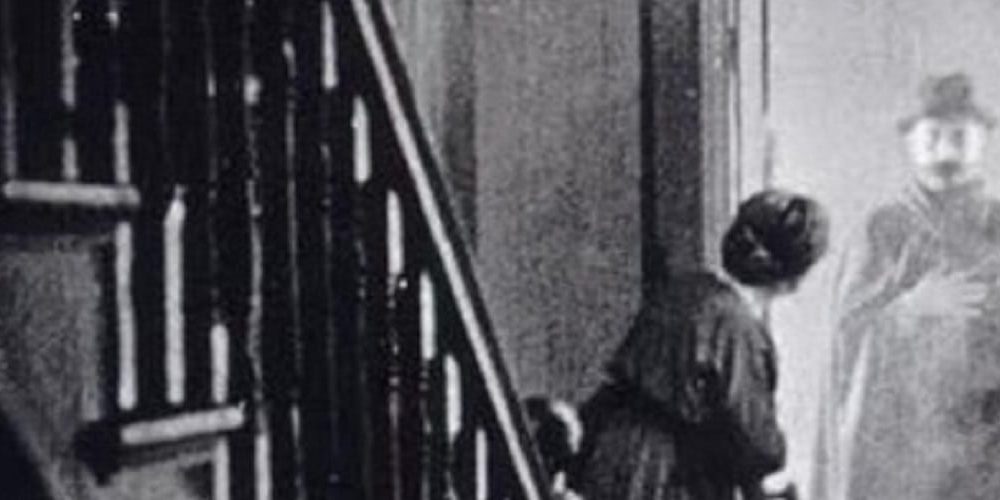In the inaugural session of the London Book Club, Fr. Jim Lies and Susan Ohmer discuss the book the Lodger, on which Alfred Hitchcock based his film of the same name. To launch the discussion, Ohmer emphasized the importance and influence London had on Hitchcock’s films and career. She defines Hitchcock as a “quintessential English director”, who spent the first four decades of his life in London. The city was where he directed his first film, and launched his career. Hitchcock was inspired by London’s vibrant film culture and, as Ohmer noted, “London was in his blood”. The Lodger and Sabotage are two of the films within Hitchcock’s oeuvre that are most steeped in the city of London. In both films, the location plays an integral role, as characters traverse through the city, the film follows. The Lodger and Sabotage are thus prime examples of representations and celebrations of London in Hitchcock’s work.
Fr. Lies and Ohmer went on to discuss that while Hitchcock does not traditionally come to mind when discussing books, his work offers an opportunity to explore the dynamic between the screen adaptations and the text they were based upon. She drew attention to the contrasting portrayals of several characters from The Lodger. For example, in the Belloc-Lowndes novel Daisy, the Buntings’ daughter is a sheltered young woman relegated to the countryside. Conversely, in the film, Hitchcock portrayed Daisy as a “blonde, sophisticated modern woman”. Ohmer posed the question: what is the impact of making such a deliberate change? To answer, she situated Hitchcock’s directorial decision in historical context, and argued that he “is deliberately modernizing the character”.
The novel The Lodger, published in 1911, is a fictionalised account of the infamous Jack the Ripper murders which took place in London. While it was one of the first novelisations of the series of crimes, it was not necessarily unique in it’s decision to focus on the murders. Short stories and fictionalized accounts of the murders were released almost months after the first murder occured in 1888. As Ohmer stated, “writers didn’t waste any time before they started representing this criminal in literature”. In fact, the murders became a staple of English writing in the Twentieth Century, even in more modern depictions such as films with Johnny Depp. The actions of this notorious criminal influenced people’s imaginations for years to come.
Fr. Lies and Ohmer went on to discuss how the class aspect in the novel bears striking resemblance to social class today. The Buntings, our protagonists in the novel, live a respectable life yet this comfortable existence gradually disappears due to circumstances out of their control. “The discussion continued as the hosts discussed how the Buntings’ fear and desperation is palpable as they depend on the Lodger and his rent as a source of income. Belloc-Lowndes goes as far as to make their entire physical existence dependent on the Lodger, describing their aching hunger as without his rent money, the Buntings’ cannot afford to eat. Ohmer drew a comparison to recent articles published in The New York Times on food deprivation in the US. Fr. Lies remarked upon the interesting class dynamics that play out between the Buntings’ and the Lodger, and Ohmer responded that it is representative of the pre-WWI mindset that the people you serve are better, or somehow more worthy of respect.
As the discussion and event came to an end, Fr. Lies posed a final question: why is Hitchcock such an admired filmmaker even today? “Well it is rare”, replied Ohmer, “that one director can have such a diverse portfolio of films that stand the test of time”. Hitchcock’s career spanned five decades, and his work predated the introduction of synchronized sound; he witnessed multiple developments and trends in the film industry and despite it remained creative. Ohmer reasoned that Hitchcock has generated a phenomenal amount of critical writing and discussion, and his impact is significant enough to have a whole course dedicated to it.
Visit the event page for more.










